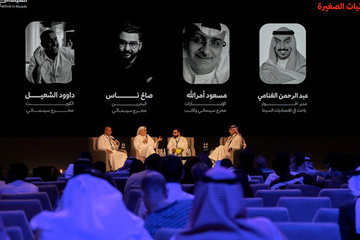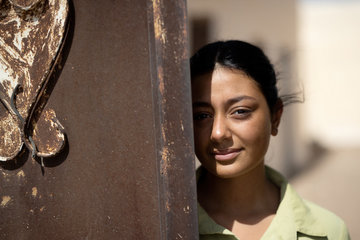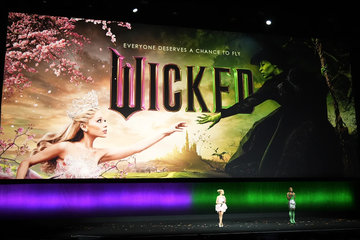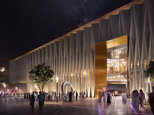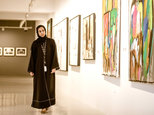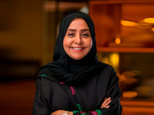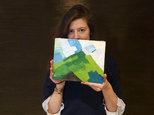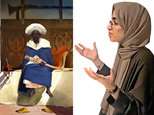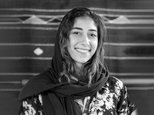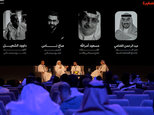
The King Fahd Fountain
Following the appointment of Crown Prince Mohammed Bin Salman to his role in June 2017, Saudi Arabia has been taking bold steps towards transforming its economy and society, particularly by promoting its entertainment, arts, culture, and leisure sectors. These efforts are part of a larger reform drive under Vision 2030, the Kingdom’s ambitious plan to diversify its heavily oil-dependent economy and modernize its society.
Today, the Kingdom’s efforts with regards to entertainment and leisure are most evident in Jeddah, where music has returned to venues where it was once banned. According to Saudi Gazette, the city is witnessing the return of singing groups to restaurants, bringing back memories of a time in Saudi Arabia when musical evenings were organized in a number of venues, the most famous of which was the "Kilo 10 Park" located south of Jeddah and the Al-Attas restaurant located in Bab Sharif.
This new development comes in stark contrast to last November, when Prince Khaled Al-Faisal, adviser to Saudi Arabia's King and governor of Mecca, banned music, DJs, and live bands in all Jeddah restaurants, as was reported then by StepFeed. The order effectively banned any musical event at restaurants, except if owners/managers applied for a government license.
Music in Saudi Arabia was not always such a taboo. According to Reuters, Jeddah and other major cities in the Kingdom used to often host summer festivals and concerts, and musical instruments have been sold for decades at the popular al-Halla market in downtown Riyadh.
“Historically, Saudi society was rich in culture. There were many musical traditions, with different variations and subcultures,” said Abdulsalam al-Wayel, a professor of sociology at King Saud University.
Noted writer Dr. Abdullah Manna explained in the Saudi Gazette article that singing was always part of people's lives in Jeddah in particular. Singers were present at all social occasions as each family was keen on hiring a singer to perform at the birth of a baby or wedding parties.

